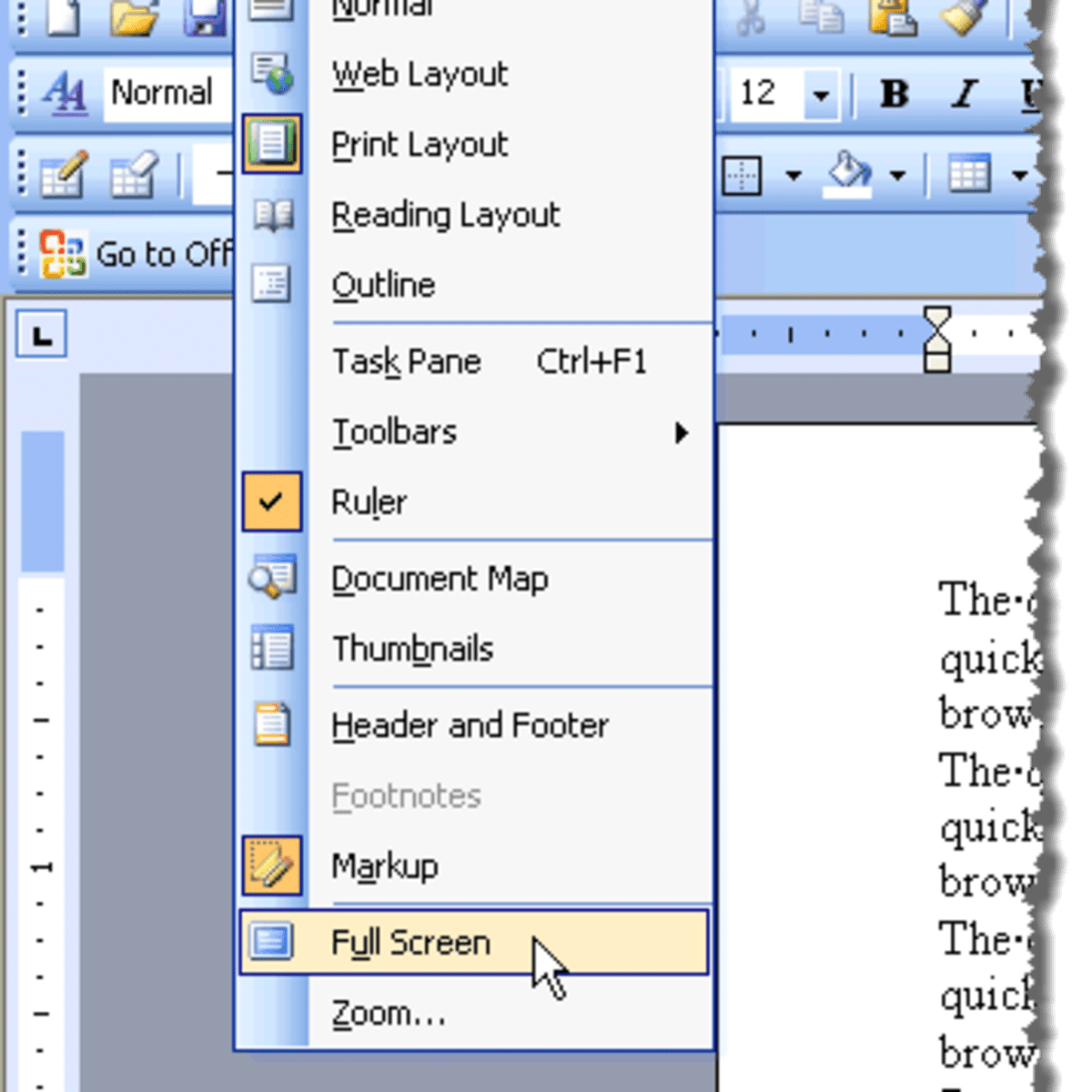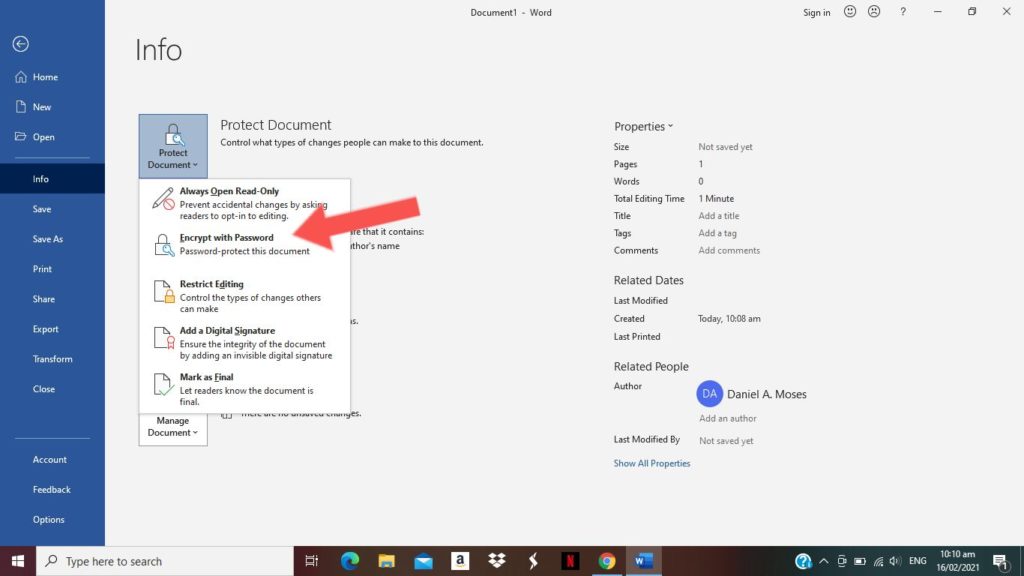
Consequently, toolbars must use their space efficiently.

The screen space required by a toolbar is proportional to the number of its commands and that space is always used, even if the commands are not.

Toolbar commands are invoked with a single click, whereas menu bar commands require navigating through the menu. In this example, clicking the Print toolbar button immediately prints a single copy of a document to the default printer.ĭirectness. For example, a Print command in a menu bar first displays the Print dialog, whereas a Print toolbar button immediately prints a single copy of a document to the default printer. Clicking a toolbar command takes effect immediately, whereas a menu command might require additional input. Toolbars present only the most frequently used commands, whereas menu bars catalog all the available top-level commands within a program. Traditionally, toolbars are different from menu bars in the following ways:įrequency. For these reasons, a program's menu bar and its toolbar don't need to correspond directly.
#HOW TO LOCK MICROSOFT WORD TOOLBAR HOW TO#
Once users learn how to access a command on a toolbar, they rarely continue to access the command from the menu bar. A toolbar doesn't attempt to train users just make them productive. Design conceptsĪ good menu bar is a comprehensive catalog of all the available top-level commands, whereas a good toolbar gives quick, convenient access to frequently used commands. Apply the toolbar menus pattern in the Menus guidelines instead. If your program has a toolbar without a menu bar, and most of the commands are accessible indirectly through menu buttons and split buttons, this toolbar is essentially a menu bar.

If the command icons aren't high quality and aren't self-explanatory, a menu bar may be a better choice.

Guidelines related to menus, command buttons, and icons are presented in separate articles. For more information about toolbar varieties, see Usage patterns in this article. Some types of toolbars can be undocked, resulting in a palette window. Some toolbars are customizable, allowing users to add or remove toolbars, change their size and location, and even change their contents. In contrast to menu bars, toolbars don't have to be comprehensive or self-explanatory just quick, convenient, and efficient. Toolbars can be more efficient than menu bars because they are direct (always displayed instead of being displayed on mouse click), immediate (instead of requiring additional input) and contain the most frequently used commands (instead of a comprehensive list). Use toolbars in addition to or in place of menu bars. Toolbars are a way to group commands for efficient access. Much of the guidance still applies in principle, but the presentation and examples do not reflect our current design guidance.
#HOW TO LOCK MICROSOFT WORD TOOLBAR WINDOWS 7#
This design guide was created for Windows 7 and has not been updated for newer versions of Windows.


 0 kommentar(er)
0 kommentar(er)
